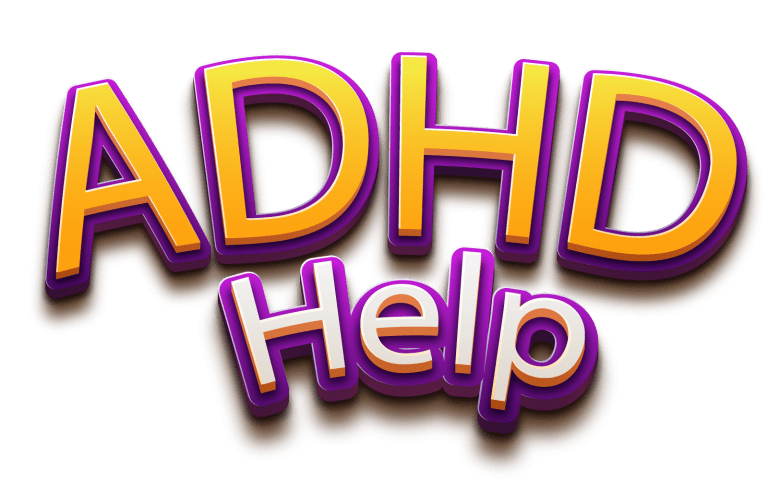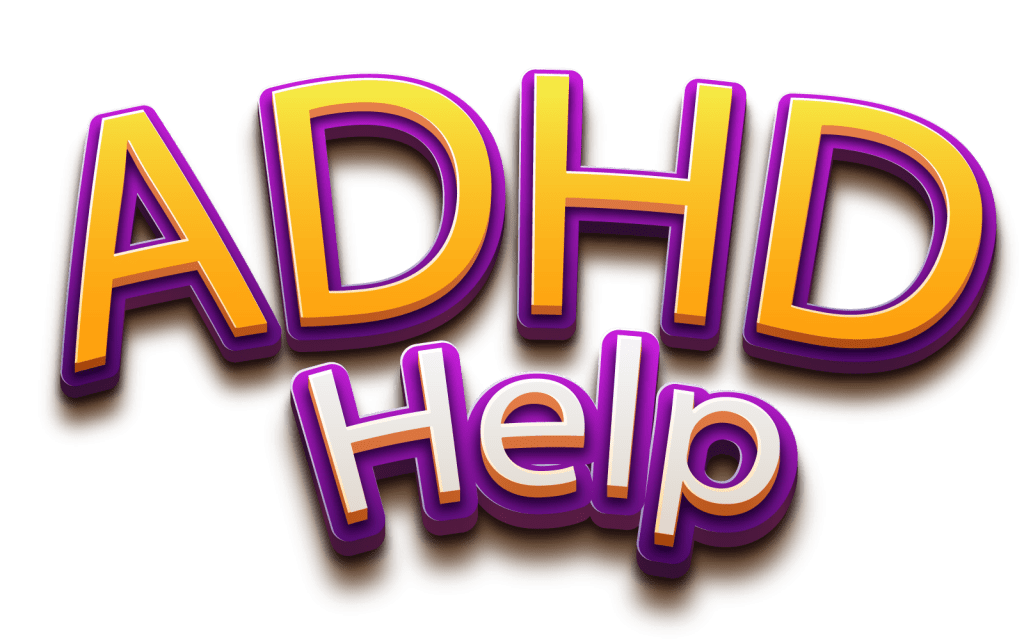Inflames does much more than just throw flames.
Chronic inflammation has been shown to affect superheroes who might be genetically predisposed to brain- and behavioral challenges in ways that are not good for their day-to-day living.
Chronic inflammation has many causes – one of the most pressing causes when we think about ADHD is food intolerance.
Food intolerance is not an allergy – it can be triggered by eating a diet that is not much varied or when certain genetic factors come to play. Luckily we can test for these intolerances and address them.
There are several things that can trigger an inflammatory response. One of these is when tissues are injured by:
- bacteria
- trauma
- toxins
- heat
- or any other cause
Acute inflammation is beneficial
Believe it or not, this can be a good thing. This is because your body is trying to heal itself through acute inflammation. The trick is that it stops the inflammatory response afterwards. Acute inflammation begins fast and lasts for a few days to possibly a few weeks.
This type of inflammation can become severe quickly. Thankfully, acute inflammation is often easy to see or feel. For example, a person may experience pain, immobility, or swelling.
Some examples of acute inflammation
- the common cold
- the flu
- bronchitis
- headache
- hives
- joint pain
Conversely, chronic inflammation harms the body
Chronic inflammation lasts for several months to years. Exposure to a low-intensity irritant or toxin is the main culprit here. It may also be an autoimmune response to an allergen. Basically, your body’s immune system is permanently turned on and fighting against inflammation.
However, if the irritant or toxin doesn’t go away, your body will keep sending chemicals to help repair the area of inflammation. As a result, healthy cells and tissue will begin to break down.
Chronic inflammation can seem harmless on a day-to-day basis. In fact, you may not notice or think much of it unless it begins getting in the way of daily living.
Some symptoms of chronic inflammation
- bloating
- brain fog
- achy joints
- persistent fatigue
- pain
- ADHD symptoms
Heroes for this mission
Sources
- Anand D, Colpo GD, Zeni G, Zeni CP, Teixeira AL. Attention-Deficit/Hyperactivity Disorder And Inflammation: What Does Current Knowledge Tell Us? A Systematic Review. Front Psychiatry. 2017 Nov 9;8:228. doi: 10.3389/fpsyt.2017.00228. PMID: 29170646; PMCID: PMC5684106.
- Leffa DT, Torres ILS, Rohde LA. A Review on the Role of Inflammation in Attention-Deficit/Hyperactivity Disorder. Neuroimmunomodulation. 2018;25(5-6):328-333. doi: 10.1159/000489635. Epub 2018 Jun 6. PMID: 29874674.
- Zhou RY, Wang JJ, Sun JC, You Y, Ying JN, Han XM. Attention deficit hyperactivity disorder may be a highly inflammation and immune-associated disease (Review). Mol Med Rep. 2017 Oct;16(4):5071-5077. doi: 10.3892/mmr.2017.7228. Epub 2017 Aug 11. PMID: 28849096.
- Saccaro LF, Schilliger Z, Perroud N, Piguet C. Inflammation, Anxiety, and Stress in Attention-Deficit/Hyperactivity Disorder. Biomedicines. 2021 Sep 24;9(10):1313. doi: 10.3390/biomedicines9101313. PMID: 34680430; PMCID: PMC8533349.
- Chang JP, Su KP, Mondelli V, Pariante CM. Cortisol and inflammatory biomarker levels in youths with attention deficit hyperactivity disorder (ADHD): evidence from a systematic review with meta-analysis. Transl Psychiatry. 2021 Aug 19;11(1):430. doi: 10.1038/s41398-021-01550-0. PMID: 34413283; PMCID: PMC8377148.
- Carthy E, Ellender T. Histamine, Neuroinflammation and Neurodevelopment: A Review. Front Neurosci. 2021 Jul 14;15:680214. doi: 10.3389/fnins.2021.680214. PMID: 34335160; PMCID: PMC8317266.
- Pahwa R, Goyal A, Bansal P, et al. Chronic Inflammation. [Updated 2021 Sep 28]. In: StatPearls [Internet]. Treasure Island (FL): StatPearls Publishing; 2021 Jan-. Available from: https://www.ncbi.nlm.nih.gov/books/NBK493173/














